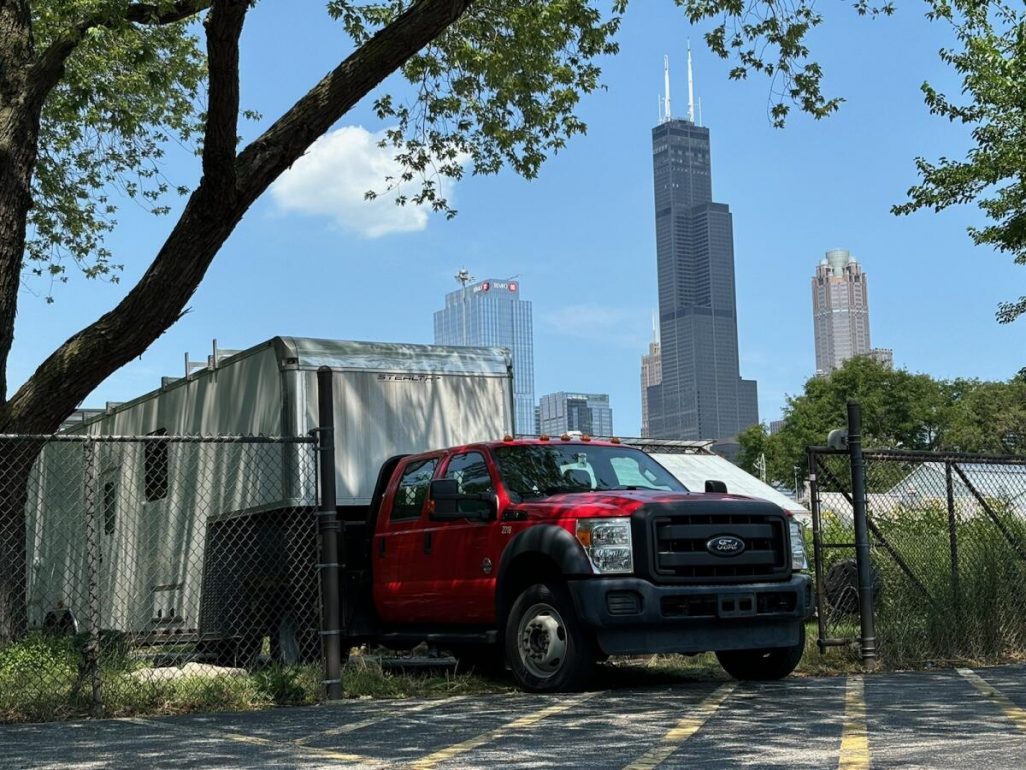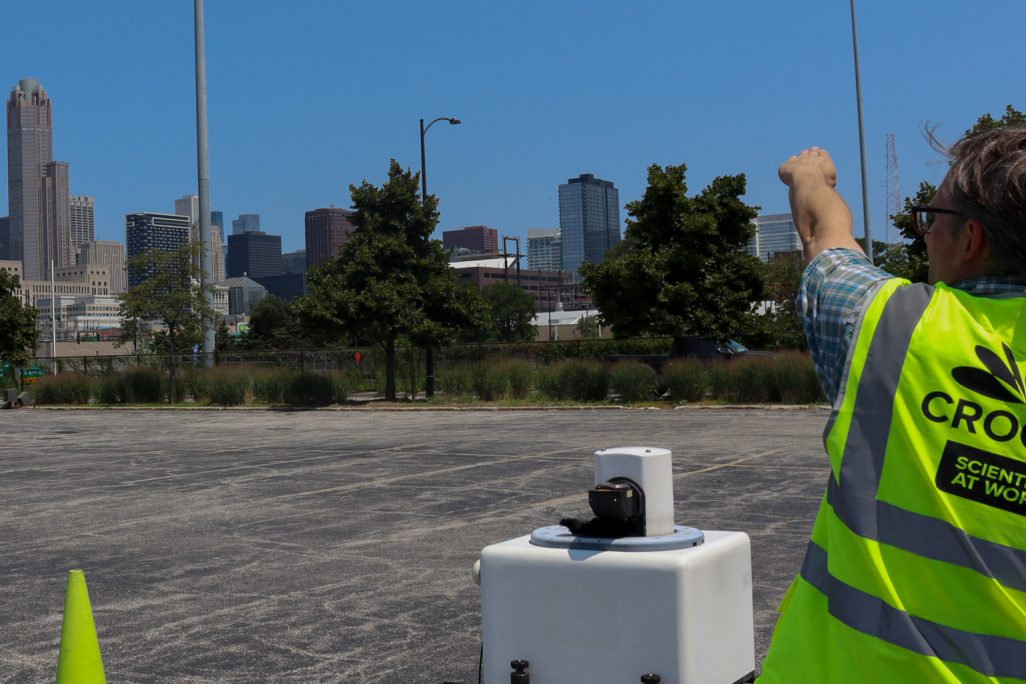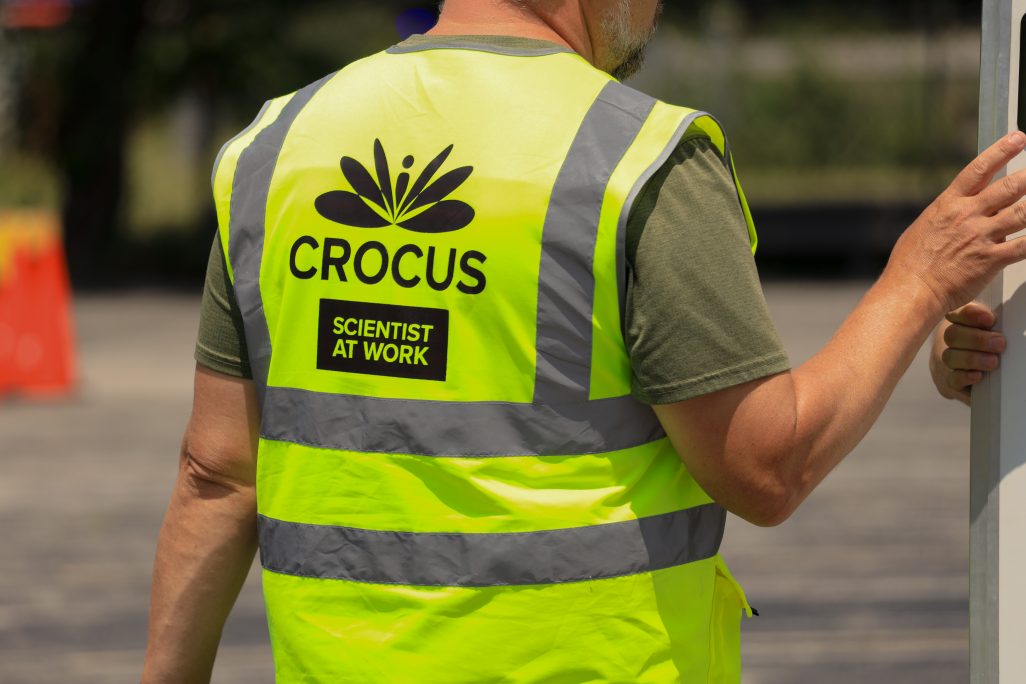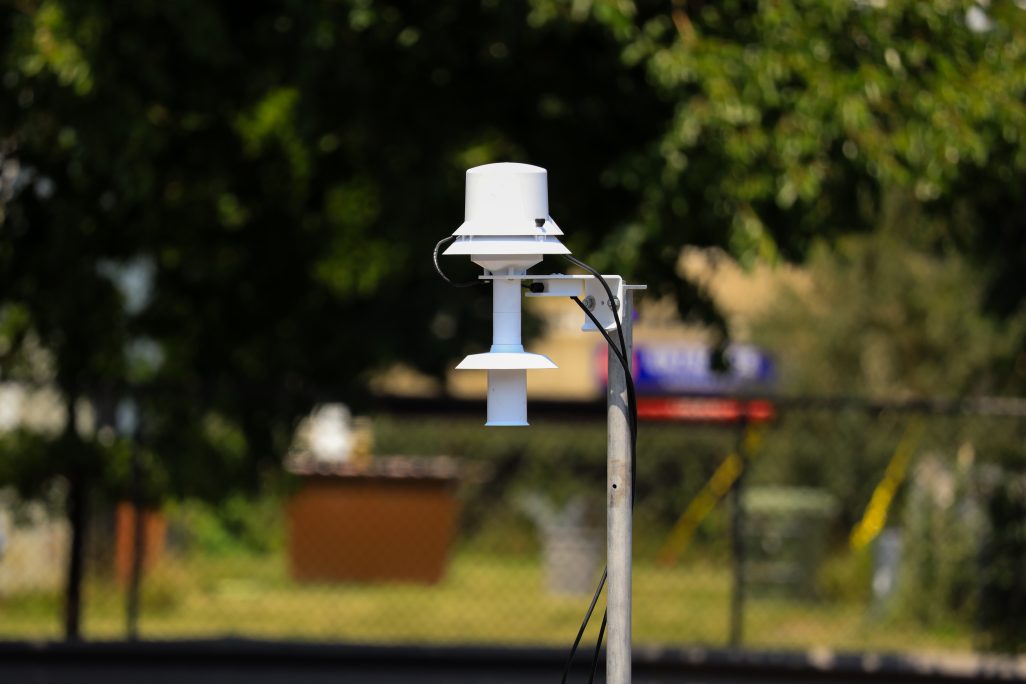City Science — SPARC supports Community Research on Climate and Urban Science

The Community Research on Climate and Urban Science (CROCUS) campaign is an Urban Integrated Field Laboratory funded by the U.S. Department of Energy and led by Argonne National Laboratory. CROCUS has partnered with community organizations and academic institutions like University of Wisconsin-Madison Space Science and Engineering Center to address the needs of people living in urban areas, specifically focusing on climate justice.

“We’re not just coming in saying, ‘Hey, we are Argonne National Lab and the University of Wisconsin and other universities and here’s what you need to do.’ We’re actually engaging with community organizations and listening to them and listening to what their needs and concerns are and developing our science basically around that.”
Tim Wagner, SSEC researcher
UW-Madison SSEC is one of the 12 academic institutions to partner with CROCUS. Tim Wagner, scientist at the Space Science and Engineering Center says, “The effects of climate change are going to be felt most seriously in cities. At the same time, cities have a lot of inequality in them, and the neighborhoods that are going to experience the greatest impact of climate change are the ones that already are the most disadvantaged”
He led the SSEC Portable Atmospheric Research Center to Chicago to measure how skyscrapers and population density affect the atmosphere above Chicago, which, in turn, affects residents in those communities. SPARC is equipped with instruments such as the Atmospheric Emitted Radiance Interferometer and doppler lidar, which measure radiant energy and winds, respectively.



Credit: Lindsay Giovannone.
CROCUS is a pioneering urban meteorology research. Until now, there have not been any meteorological studies conducted within an urban area.
“One of the things we’re going to learn is just how to do science in a city,” says Wagner. “There is so much more logistical work that goes into doing science in cities than any other project. The CROCUS campaign gives us and our partners at Argonne a drive to try and get to the heart of climate change’s effects on cities.”
“We’re not just coming in saying, ‘Hey, we are Argonne National Lab and the University of Wisconsin and other universities and here’s what you need to do.’ We’re actually engaging with community organizations and listening to them and listening to what their needs and concerns are and developing our science basically around that,” says Wagner, “We want to help serve those communities by bringing the skills that we have and tailoring our observations and modeling and data analysis specifically to them.”
CROCUS is supported by the U.S. Department of Energy and Argonne National Laboratory.
